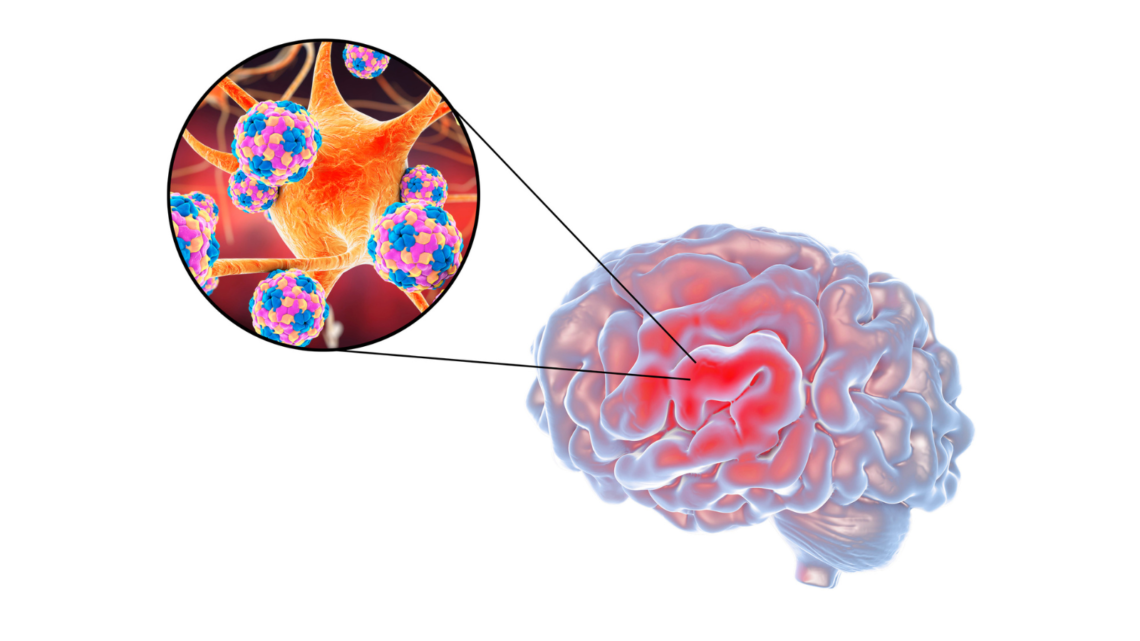Health
-
The Benefits of Meditation for Mental Health
In today’s fast-paced world, the pressures of daily life can often feel overwhelming. With the constant demands of work, relationships, and personal responsibilities, many people experience heightened levels of stress and anxiety. While modern medicine offers various treatments for these mental health issues, there has been a growing recognition of the value of alternative and complementary therapies, such as meditation. More than just a trendy wellness practice, meditation has deep roots in many ancient cultures, and its benefits for mental health, particularly in alleviating anxiety, are increasingly supported by scientific research. The practice of meditation offers a sanctuary of calm amidst the chaos of life, allowing individuals to reconnect with…
-
Vitamin D Deficiency and Fall
Vitamin D, often referred to as the “sunshine vitamin,” plays a crucial role in numerous bodily functions. From maintaining strong bones and teeth to supporting immune function and muscle health, this essential nutrient is a cornerstone of overall well-being. However, as the days grow shorter and the sun’s rays become less intense, many Canadians find themselves at risk of not getting enough of this vital vitamin. The relationship between the fall season and vitamin D deficiency in Canada is complex and multifaceted. It involves an interplay of geographical, environmental, and lifestyle factors that are unique to the Canadian context. To fully understand this relationship, we must first delve into the…
-
Meningitis Risks, Signs, and Prevention
Meningitis is a serious and often life-altering infection that has the potential to strike anyone, anywhere, and at any time, regardless of age or location. This illness, which affects the membranes surrounding the brain and spinal cord, can lead to an array of severe symptoms and complications that highlight its devastating nature. Affecting over 2.5 million people worldwide each year, meningitis leaves a powerful impact on individuals and families alike, with fatal outcomes in approximately one out of every ten cases. The impact is especially heartbreaking in children under five, who account for nearly half of all meningitis-related deaths worldwide. Surviving meningitis often comes with its own challenges, as roughly…
-
Boosting Bone Health with Key Nutrients
Nutrients play an important role in our overall health. They provide us with energy (via carbs, fats, and proteins), help regulate body functions (i.e. temperature, sweating, thyroid function, blood pressure, and metabolism), and are also essential for body structures – including the maintenance of tissues, organs, teeth, and bones. Many of the nutrients that we need come from the foods we eat, including calcium, which is critical for bone health. As the body does not make calcium on its own, the only way we can get it is from our diets or by taking a calcium supplement. However, in order for our bodies to be able to absorb calcium, we…
-
Preparing for Cold & Flu Season
Flu season typically runs from November through April; however, outbreaks can happen as early as October and last as late as May, and results in the hospitalization of as many as 12,000 Canadians every year. While most individuals will recover from the flu without needing to seek any kind of urgent medical attention, there are certain individuals who are at increased risk of developing serious flu-related complications such as pneumonia, bronchitis, or even sinus and ear infections. High-risk individuals include seniors over the age of 65, those under the age of 65 with a previously diagnosed chronic condition, those with weakened immune systems, children under the age of 5, pregnant…
-
Inherited Retinal Diseases
Inherited retinal diseases (IRDs) are a group of eye disorders that lead to progressive vision loss, often resulting in severe impairment or blindness. Characterised by photoreceptor degeneration or dysfunction, these conditions affect the retina—the light-sensitive tissue at the back of the eye essential for vision. IRDs are both clinically and genetically heterogeneous, meaning they vary widely in symptoms, severity, and genetic causes. Disease onset can range from birth (congenital) to late adulthood, impacting individuals across all age groups. What Are Inherited Retinal Diseases? IRDs encompass a spectrum of disorders caused by genetic mutations that affect the retina’s function. The retina contains photoreceptor cells—rods and cones—that convert light into electrical signals…
-
Fad Diets: A Risky Shortcut
When it comes to losing weight, the most effective and sustainable approach is changing your overall eating habits, not just looking for a quick fix. However, many people fall into the trap of fad diets, often because these diets promise fast and dramatic results. While it may be tempting to try a diet that promises rapid weight loss, the reality is that fad diets can be incredibly harmful to your health and rarely lead to long-term success. What Are Fad Diets? Fad diets are eating plans that typically become popular through media, social media influencers, or celebrity endorsements. They often claim to deliver rapid weight loss with minimal effort, sometimes…
-
Finding Relief from Indigestion
Indigestion – also known as dyspepsia – is very common and can happen to anyone. It is described as persistent discomfort and burning in the upper abdomen and is most commonly caused as a result of certain eating habits (from the types of foods you eat to how quickly you consume your food, as well as if you lay down too quickly after eating.) It can also be triggered by chronic digestive problems. Below you’ll find information some of the most common symptoms that are associated with indigestion, the risk of developing other health issues as a result of indigestion (or the different types of health issues that can occur…
-
Acne: Types, Treatments and Impact on Self-Esteem
Acne is a skin condition that affects a significant portion of the Canadian population, with estimates suggesting that as many as 5.6 million individuals grapple with this issue at some point in their lives. While the condition is most commonly associated with adolescence, affecting an astounding 80 to 90 percent of teenagers, it’s important to note that acne doesn’t discriminate based on age, as it also impacts 20 to 30 percent of adults between the ages of 20 and 40. Although acne is often colloquially referred to as “pimples,” the reality of this skin condition is far more complex and multifaceted than this simplistic term might suggest. In fact, dermatologists…
-
Staying Healthy As You Age
Aging is an inevitable part of life, a journey we all embark upon from the moment we’re born. While we cannot halt the march of time, we do have considerable influence over how we experience the aging process. Numerous factors contribute to how we age, including underlying health conditions, genetic predispositions, and the environment in which we live. However, the choices we make in our daily lives – from the foods we consume to the activities we engage in – play a pivotal role in determining our health and well-being as we grow older. Our lifestyle choices and mental health are particularly significant in the aging process. The habits we…









